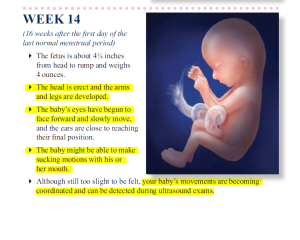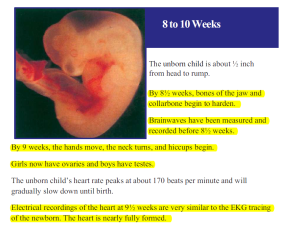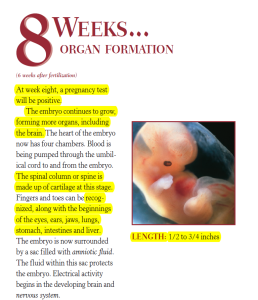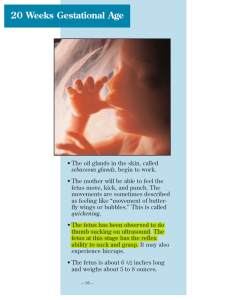




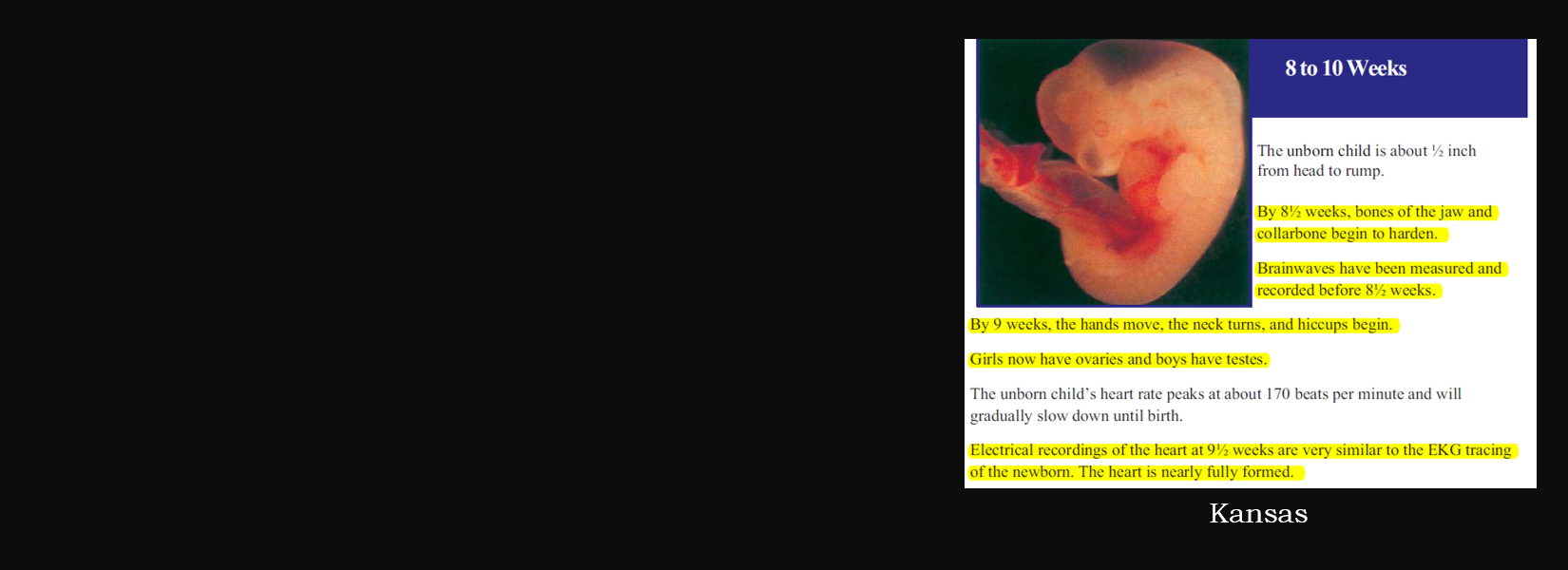
Texas Informed Consent Update!
See our 2019 analysis of Texas' new informed consent materials!
The Informed Consent Project
The Informed Consent Project evaluates the medical accuracy of state-mandated abortion-related informed consent materials with a focus on information on embryological and fetal development.
Read Our Article!
Our journal article, 'Informed or Misinformed Consent? Abortion Policy in the United States' is now available.
How does your state compare?
See how accurate your state's mandated consent to abortion materials are.
See For Yourself
We've highlighted 'medically inaccurate' statements and posted state informed consent booklets to this site on each state's page
View our Gallery
Our gallery of examples contains pages from informed consent booklets with the 'medically inaccurate' statements highlighted


